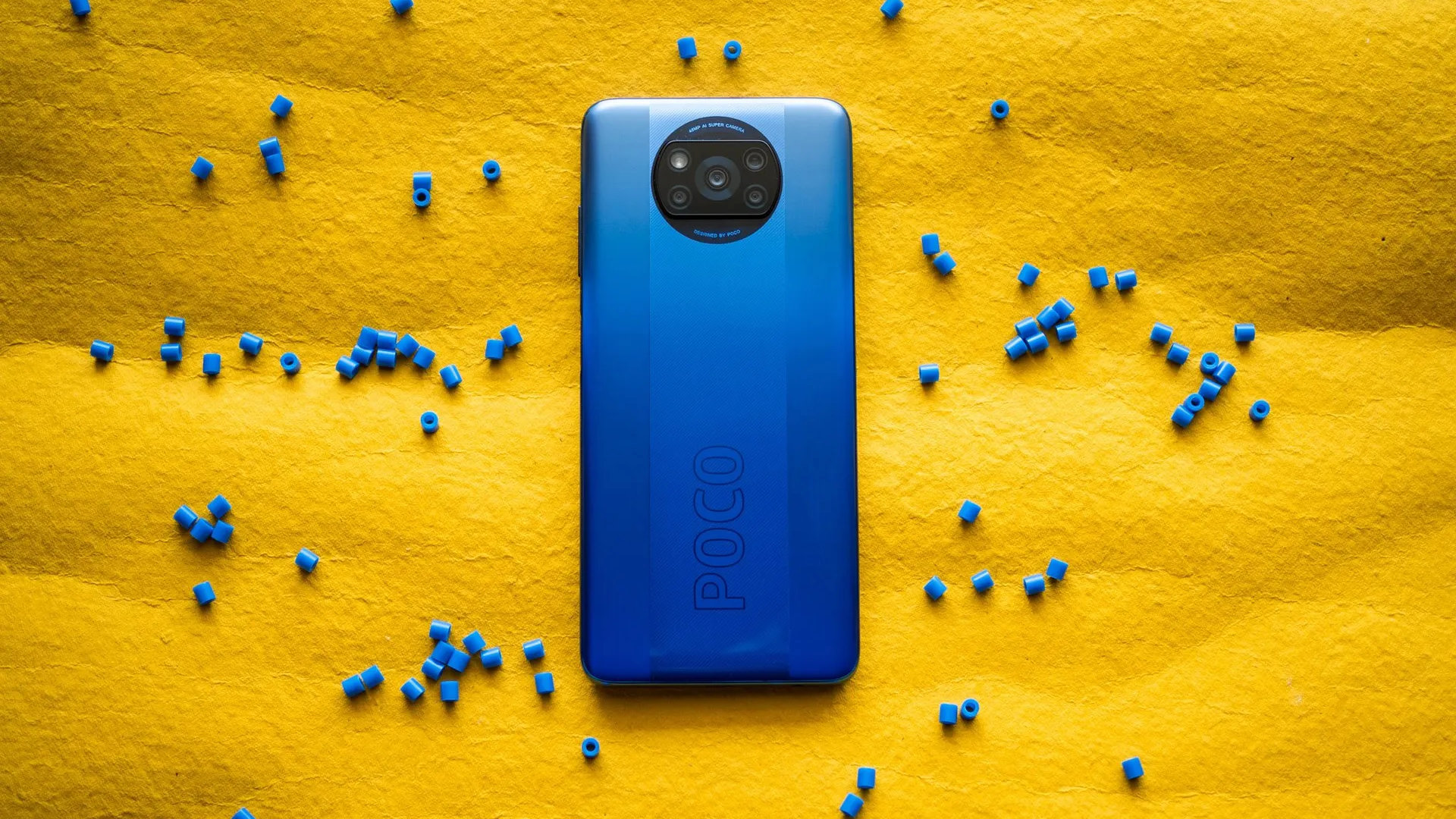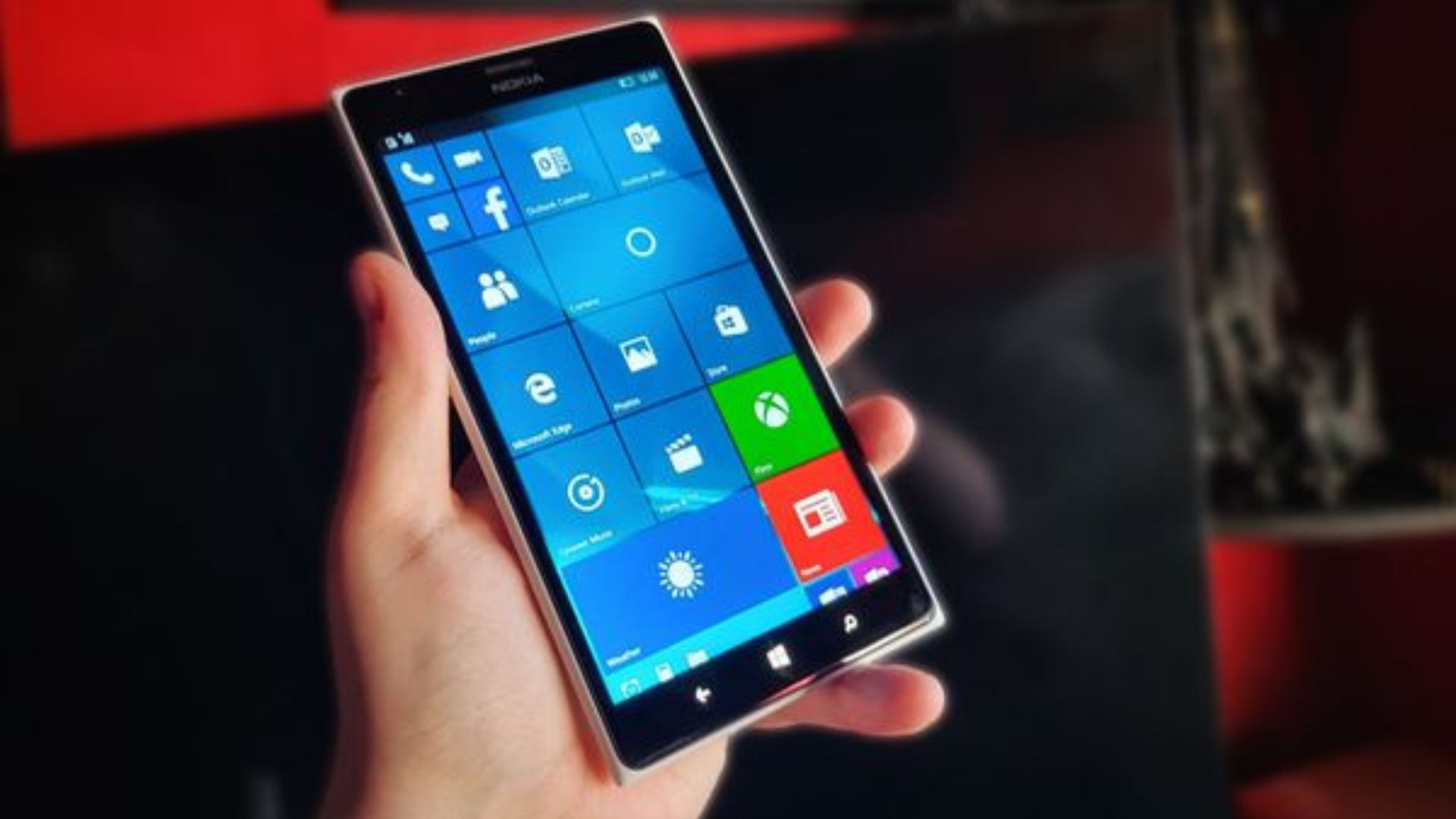
- An enthusiast managed to get Windows 11 to run on their smartphone.
- The device is Xiaomi POCO X3 Pro with a Snapdragon 860 processor.
- However, the experience is less than ideal for various reasons.
Windows... on a phone? What a novel concept. If only a tech giant worth over $3 trillion had come up with that idea and then support it so we would have an alternative to iOS and Android. Well, when companies worth more than most nations fail, it's time for fans and enthusiasts to step up, and that's exactly what happened early this week. A Reddit user known as anh0l managed to run Windows 11 on a smartphone.
The feat took a few attempts and hours of work, and the result isn't perfect. But that's understandable when forcing a PC operating system onto a phone that ships with Android. Considering that the work was done in roughly eight hours, the end result is impressive. Windows 11 is shown on a POCO X3 Pro, which runs on a Snapdragon 860 processor.
"I did have experience in running linux distro (postmarket os) on my different phone so i thought it will be not more difficult than that. I was mistaken," said anh0l. "It took me around 8 hrs of trying and finding tools and files that could work on my device (Mi POCO X3 pro). But finally, after 3 attempts i managed to get it running pretty smooth."
I managed to run Windows 11 on a phone from r/Windows11
Windows 11 was put on the Mi POCO X3 Pro through "Project Renegade." Anyone can use the project to run Windows 11 on a short list of devices, but I wouldn't recommend it to most people. The end result may not be great, and you could end up breaking your device. If you're a technical user or have a spare device laying around that is compatible with the project, it could be fun to force Windows 11 onto a smartphone.
This is not the first project to see Windows 11 or Windows 10 on a smartphone. Setting aside any official efforts by Microsoft, enthusiasts and developers have hacked Windows onto mobile devices for years. Perhaps most famously, Gustave Monce has a project that placed Windows 11 on Surface Duo. Monce also led the Lumia WOA project, which saw Windows 10 running on the Lumia 950 and 950 XL.
Windows Phone in 2024

Windows Phone and all of Microsoft's mobile efforts have been dead since 2019, at least in terms of official support. Some people continued to use Windows Phone for a few years after that date, but the official cutoff is far enough back that's basically ancient history in tech terms. With no new hardware or official support for Windows Phone, enthusiasts have searched for alternatives. Those who loved the interface have looked to launchers to replicate the look of Windows Phone, while others focused on replicating specific functionality. The latter of those has become more difficult as some features, such as Samsung DeX for Windows, get sunset.
Some may say we talk about Windows Phone too much here. After all, Microsoft hasn't released a smartphone running a Windows OS in over half a decade. While some of our focus on Windows Phone is driven by nostalgia — we did used to be Windows Phone Central after all — there are also tangible ways that Microsoft abandoning its mobile efforts affect the company today.
Microsoft CEO Satya Nadella admits pulling the plug on Windows Phone was a "strategic mistake." That's become obvious as AI has become more prevalent. Our Jez Corden explained why the AI era has made it clearer that Microsoft killing Windows Phone was a mistake. Even Windows 11 widgets have suffered from the lack of a mobile operating system based on Windows. Seriously, have you used the Spotify widget on Windows 11 and then compared it to the Spotify widget on other operating systems?
I doubt we'll ever see a new version of Windows Phone from Microsoft, but as technology evolves, the gap left by the tech giant becomes clearer each year.







